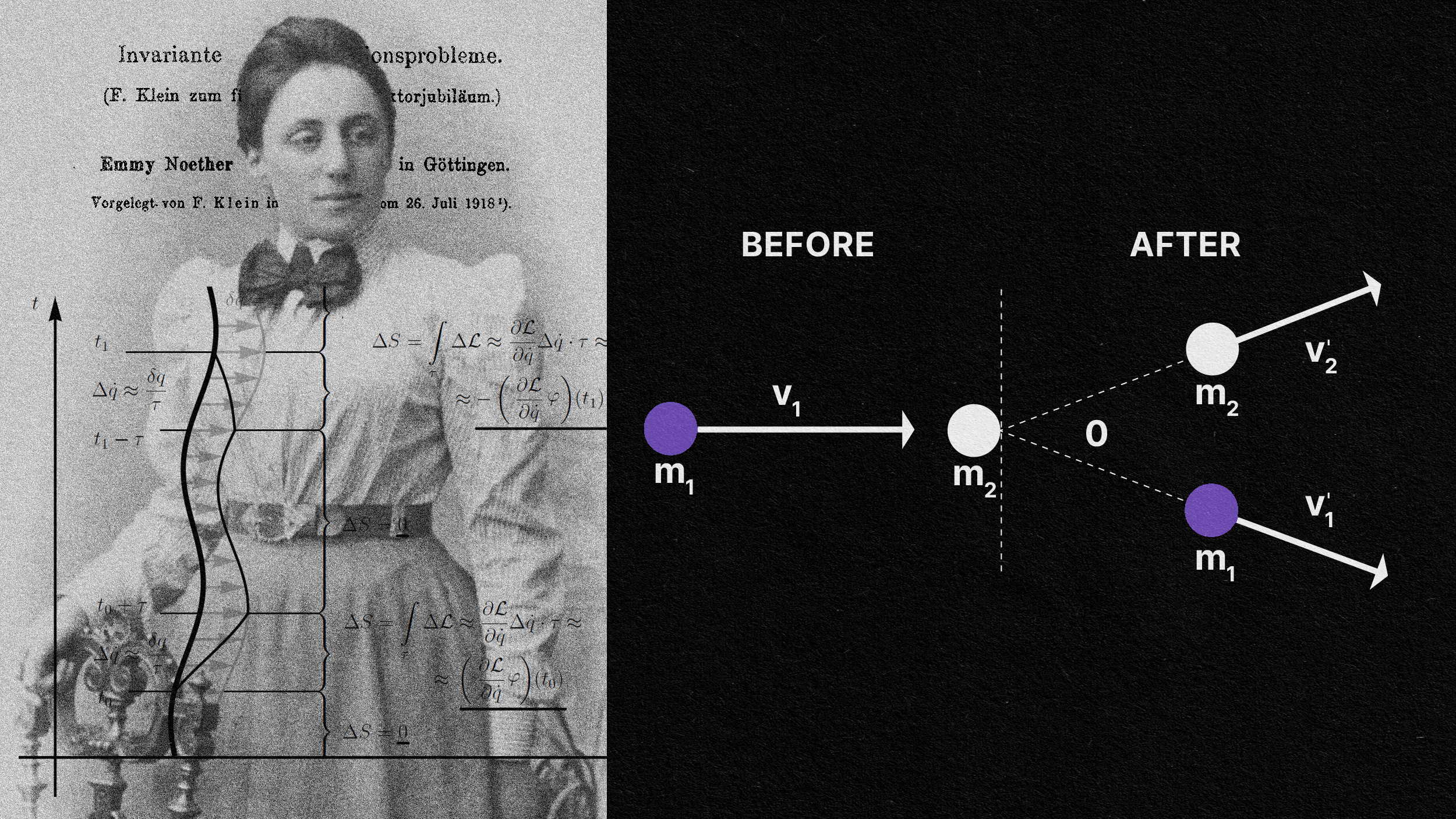Social media has made Gen Z less engaged in the classroom, says math lecturer Clio Cresswell

Photo credit: Drew Angerer / Getty Images
- Mathematics lecturer noticed the changes in her students after returning to teaching after a five-year break.
- She says her students are noticeably less engaged, increasingly on their smartphones or computers, and ask more "stupid questions."
- A batch of results from an ongoing National Institutes of Health study recently showed alarming results about the impacts that screen use has on developing brains.
Clio Cresswell, a mathematics lecturer at the University of Sydney and author of Mathematics and Sex, recently returned to the classroom after a five-year break from teaching math.
But when she returned, she noticed an immediate difference in the ways in which her undergraduate students engaged the class and material: They showed a diminishing capability for “linked thinking,” which is presumably the ability to connect and make use of concepts from various domains, similar to abstract thinking.
“These days students are so busy posting on social media — ‘love the burger,’ ‘great fries’ — that if something tragic happens to a loved one they struggle to understand why they’re feeling the way they do,” Cresswell told The Weekend Australian. “They’ve trained themselves in first-step thinking. Their worlds are constructed of disconnected moments.”
Whether increased technology use is making students less able or likely to engage in linked thinking, or other modes of thinking, is unclear. But Cresswell said that, in her classrooms at least, she’s noticed that students have become markedly more passive.
“They don’t turn up for lectures and they don’t ask questions,” she said, adding later that she sees a sea of “glazed eyes” staring at screens when she looks out at her students. “They have no idea about the interactive process.”
Cresswell said this portends a major problem: Our society, which is increasingly dependent on technology and algorithms, might soon be divided into two groups: the few who understand math, and the vast majority to whom it’s a mystery.
“I’m seeing a big problem in a society in which everything is maths-based,” she told The Weekend Australian. “Fewer and fewer people know how maths works, and they’re asking more and more stupid questions and getting more and more disenfranchised.”
A landmark study on screen time and kids’ brains yields alarming results
It’s hard to say what exactly caused the shift in behavior of Cresswells’ students, and whether that shift represents a broader trend in society. Still, it’s safe to assume that increased computer and smartphone use is in some ways changing how young people think, and therefore how they might approach learning in the classroom.
New research provides some of the first hard data on the subject.
This year, the National Institutes of Health released the first batch of results from a $300-million study that’s using MRIs to examine the effects of screen time on developing brains. The results showed that kids who spent more than two hours per day on screens tended to score lower on language and thinking tests. Alarmingly, kids who spent more than seven hours per day on electronic devices showed premature thinning of the cortex, which Dr. Gaya Dowling of the NIH described as a “maturational process” that typically happens later in development.
It’s too early to know what to make of the findings.
“We don’t know if it’s being caused by the screen time,” said Dowling. “We don’t know yet if it’s a bad thing. It won’t be until we follow them over time that we will see if there are outcomes that are associated with the differences that we’re seeing in this single snapshot.”
Still, scientists are attempting to track the effects of unprecedentedly radical change in the way people use technology, so it’s probably not a good idea to conceptualize kids’ current use of smartphones and computers as somehow analogous to, say, teenagers chatting on landline phones for hours during the 1970s, as former Google manager Tristan Harris told 60 Minutes:
… there’s a narrative that, oh, I guess they’re just doing this like we used to gossip on the phone, but what this misses is that your telephone in the 1970s didn’t have a thousand engineers on the other side of the telephone who were redesigning it to work with other telephones and then updating the way your telephone worked every day to be more and more persuasive.





